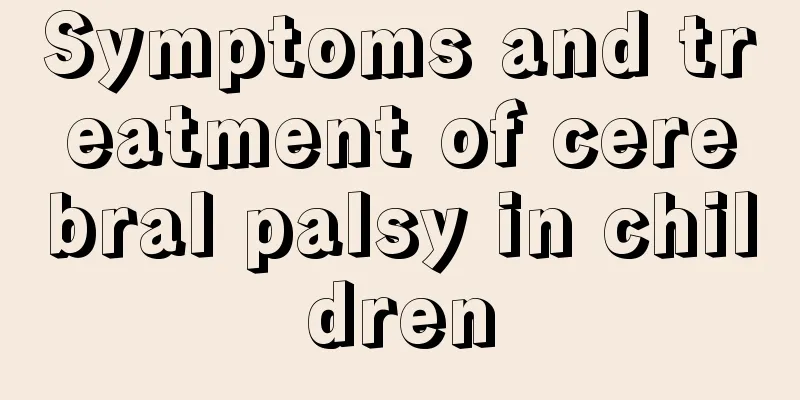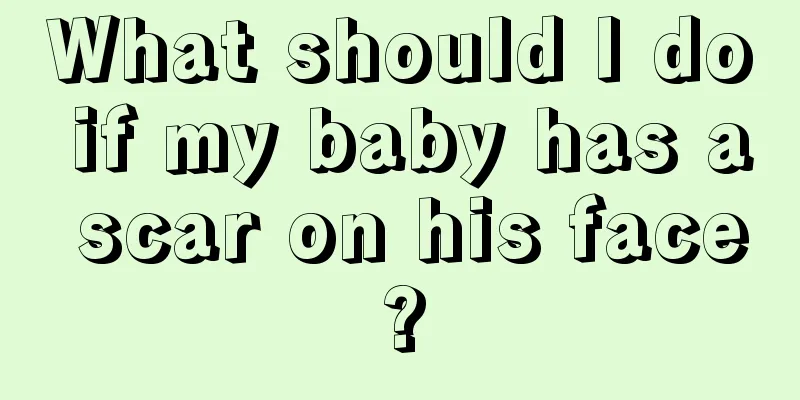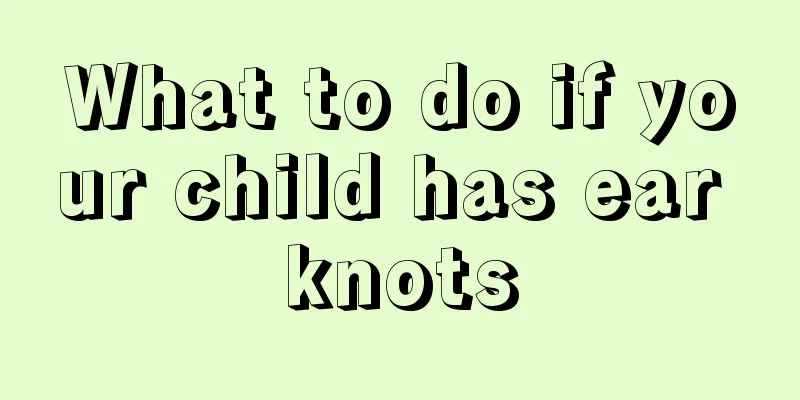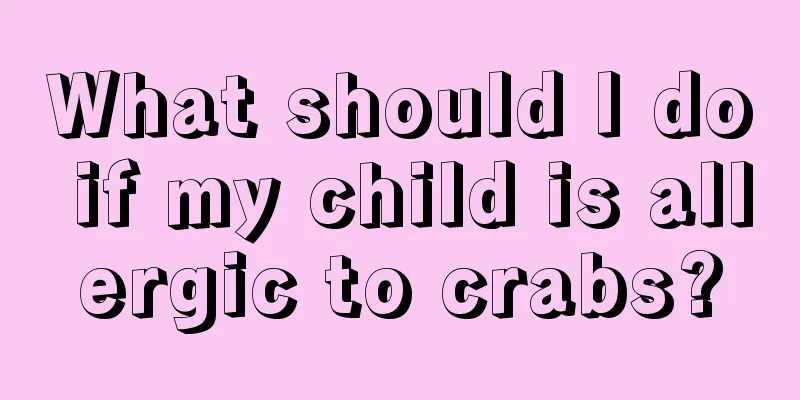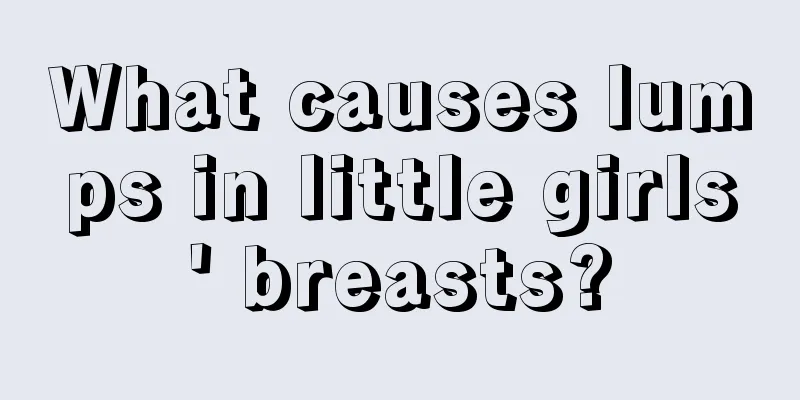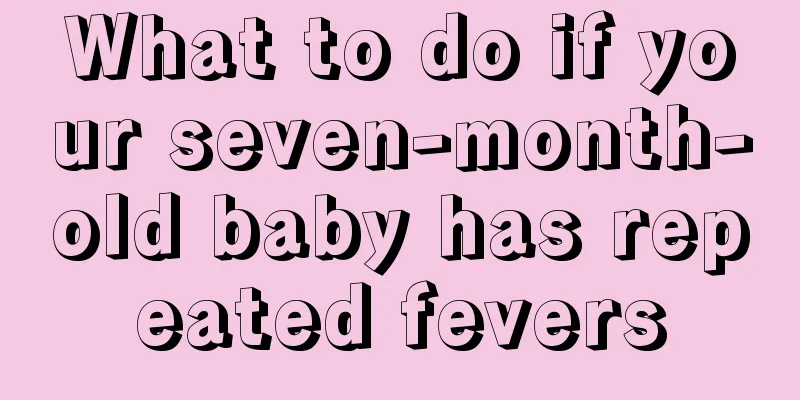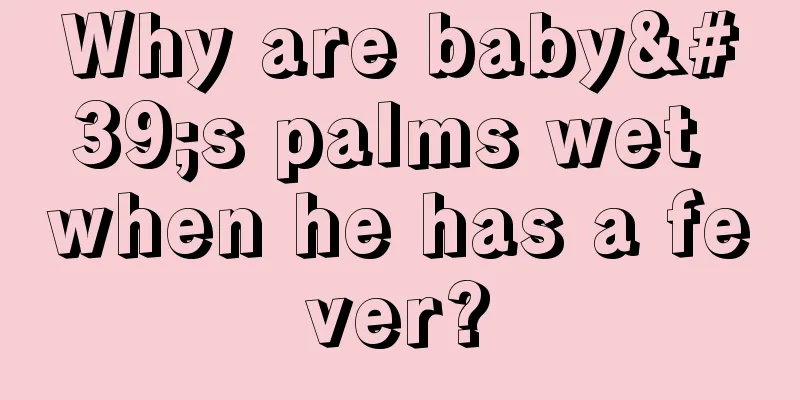Are there risks in extracting baby teeth?
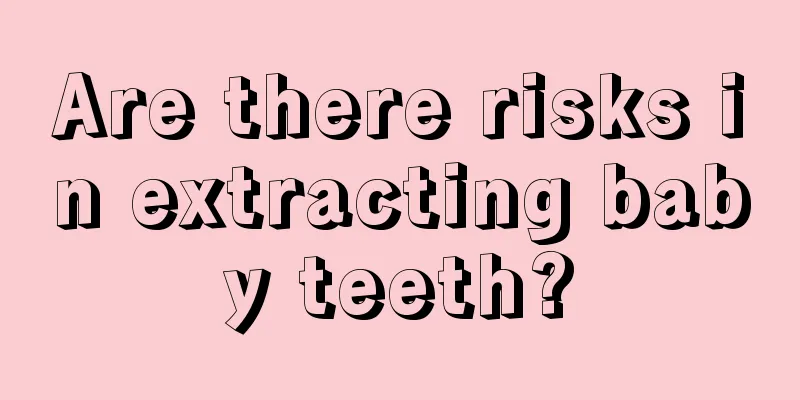
|
Primary teeth are the teeth that appear in children during the early stages of their development. Generally speaking, deciduous teeth will fall out naturally and be replaced by permanent teeth. For this reason, many parents do not pay much attention to their baby's deciduous teeth, thinking that problems with deciduous teeth do not need to be treated. In fact, deciduous teeth still need to be extracted when certain problems arise. So, are there any risks in extracting baby teeth in children? 1. Can children’s deciduous teeth be extracted? Generally speaking, children begin to enter the tooth replacement period at the age of 5, usually starting with the front teeth. Since teeth erupt from the inside, parents worry that their children's permanent teeth will grow inward, so they extract the deciduous teeth early. This is a very wrong practice. Deciduous teeth can induce the growth of permanent teeth. If the deciduous teeth are extracted prematurely, the permanent teeth may not grow out once the wound has healed, causing delayed tooth eruption. It is best not to extract deciduous teeth too early, but not too late either. As long as the child feels spontaneous pain in the deciduous teeth and it affects normal diet, you can go to the hospital to have the deciduous teeth extracted. The "double row of teeth" situation that parents worry about actually rarely happens. The teeth inside will automatically move forward and align after a period of time. 2. Are there risks in extracting baby teeth? Although tooth extraction is a minor surgery, it also has certain risks, so you should follow the doctor's advice: 1. When a child has his or her baby teeth pulled out, he or she should bite the gauze tightly for thirty minutes. While biting, do not speak and swallow your saliva and blood. This will help apply pressure to stop the bleeding. If there is still bleeding, please bite the gauze tightly for another 30 minutes. Avoid licking blood clots with your tongue or sucking wounds to prevent greater pain and bleeding, and easy infection and inflammation. If you have been given anesthesia, please wait until the anesthetic wears off before eating. Do not eat overly irritating foods, such as foods with strong hot or cold properties. Take medicine on time as directed by your doctor. If bleeding does not stop or there is severe pain, consult a doctor immediately. 2. After a child's tooth is extracted, the bleeding will usually stop within 30 minutes. However, the coagulated blood may mix with saliva and may contaminate the area around the pillow while you sleep. When this happens, please ask the parents to clean the blood and water mixture in the patient's mouth first, and then check whether the wound has stopped bleeding. Usually the wound is in a state of stopping bleeding at this time, so you should pay attention. 3. A few days after the extraction of deciduous teeth, white objects may appear in the wound. This is a normal phenomenon and there is no need to worry too much. You may need to be a little careful when cleaning the tooth extraction wound on the day after surgery. Do not dislodge the blood clot, and clean the wound normally after it has healed. Do not ignore a child's complaints of discomfort, as infection may cause the child to feel even more uncomfortable. 3. Under what circumstances must deciduous teeth be extracted? 1. Due to long-term dental caries, the crown and root of the deciduous teeth have been severely damaged and often inflamed, and they cannot be repaired and are not worth keeping; 2. If the root of the deciduous teeth suffers from a large area of apical periodontitis, it will affect the development of permanent teeth, causing discoloration of the permanent teeth that will erupt in the future, affecting the beauty of the teeth; 3. The root canal of the deciduous tooth is infected, causing more than 1/3 of the root tissue of the deciduous tooth to be naturally absorbed; 4. The roots of deciduous teeth are infected and pushed by the force of the permanent teeth that are about to erupt, causing the root tips to be exposed outside the gums; 5. The permanent teeth have erupted or are about to erupt, but the deciduous teeth in the original position are still stuck in the "situ"; 6. If the deciduous teeth are broken or partially dislocated due to trauma and the child is too young to cooperate with the treatment, they must be extracted. |
<<: If the baby teeth are rotten, will the permanent teeth be fine?
>>: Precautions for children after extraction of deciduous teeth
Recommend
Reasons for watery stools in newborns
The birth of every newborn brings a surprise to t...
Traditional Chinese Medicine Treatment of Myopia in Children
There are many ways to treat children's myopi...
What should I do if my child always doesn't like to eat?
Children’s health and development are the issues ...
Are electric mosquito coils harmful to babies?
Summer is the season when mosquitoes are rampant....
Why do children often have tinnitus?
Many adults have experienced tinnitus, most of wh...
How many months after the baby is easy to take care of and how to detect the development level by yourself
I haven't worked since I became pregnant. It ...
Why does my child have a bad taste in his mouth?
Bad breath is a disease of the oral cavity, and t...
How to treat children snoring when sleeping
Many parents often find that their children snore...
Several reasons why babies sweat a lot when sleeping at night
Because children grow and develop rapidly, their ...
What to do if your three-year-old baby has toothache
Toothache is very common. When you have toothache...
Symptoms of otitis media in children
Otitis media is a very common ear disease, especi...
What to do if children have dry lips
Now we have entered autumn and the weather has be...
How to prevent lateral ventricle enlargement in infants
We all know that if the baby's lateral ventri...
What to do if your child's genitals itch
When children are young, all hygiene issues are t...
How long is the treatment period for neonatal pneumonia?
Recently, I found that my child’s face was a litt...
